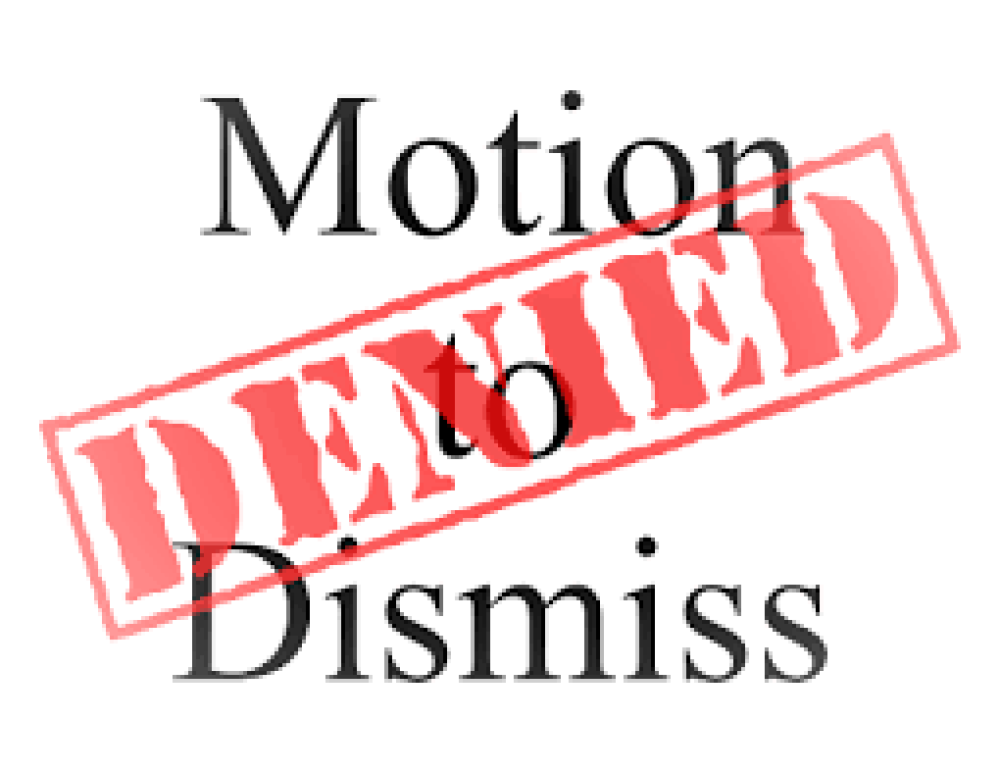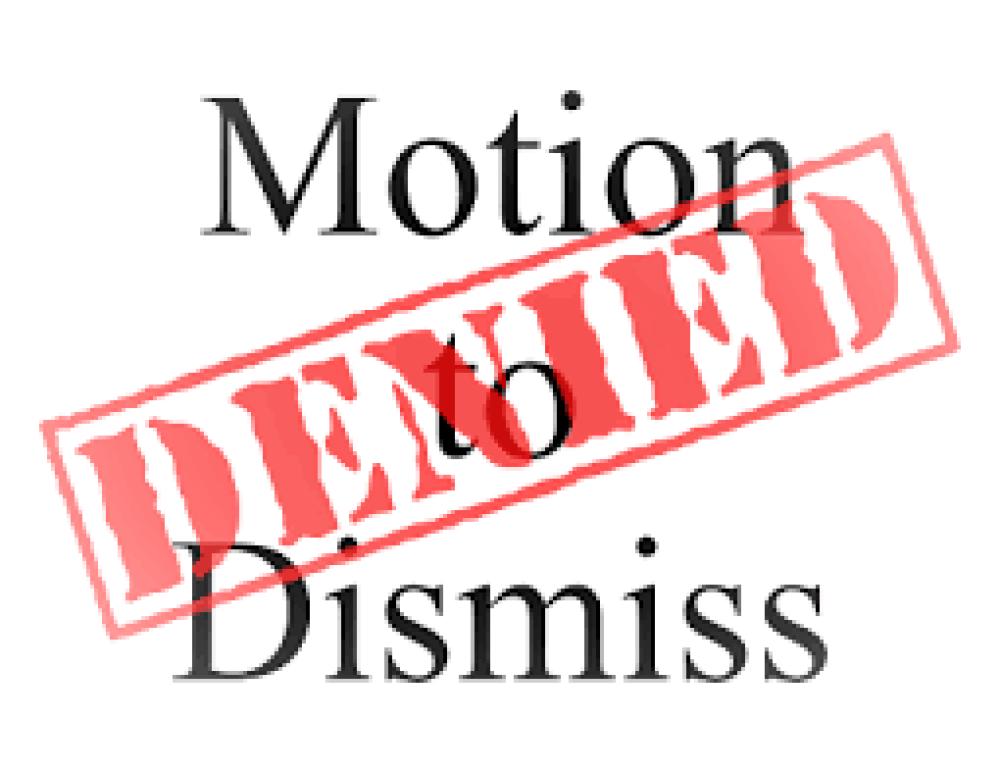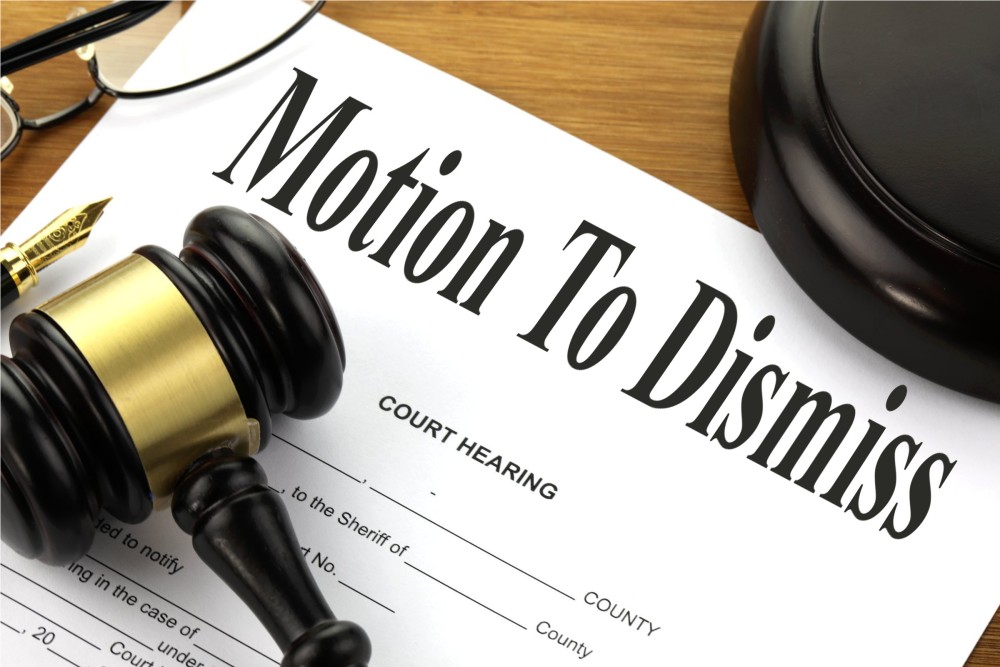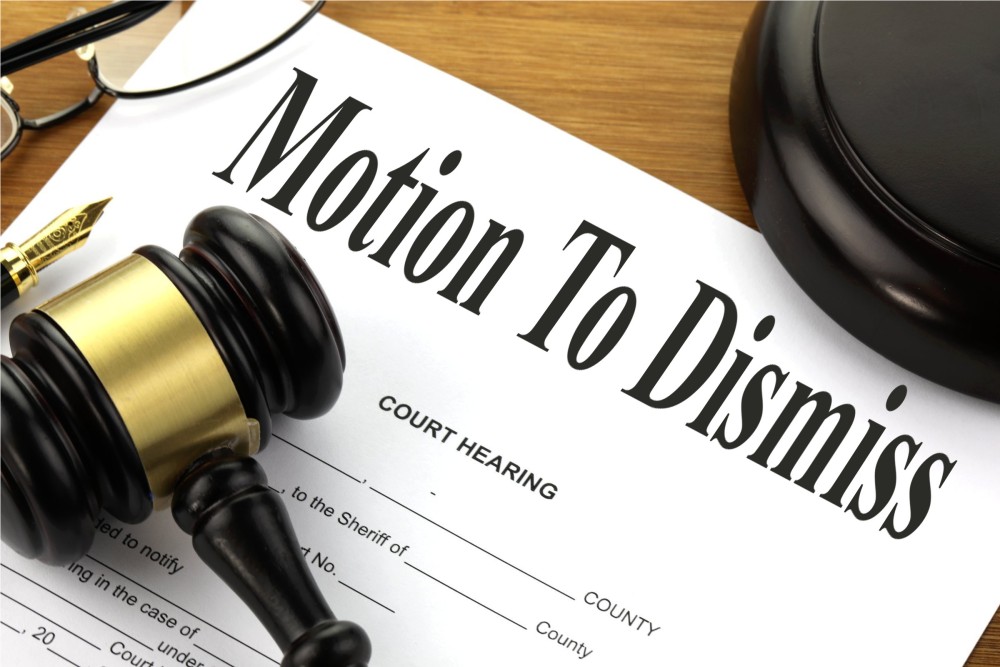
A motion to dismiss is one of the earliest and most critical tools a defendant can use to challenge a lawsuit. If granted, it can save significant time and legal costs by ending a case before trial. However, if a court denies a motion to dismiss, the case moves forward, leaving the defendant with critical decisions. One of the most pressing questions at this stage is: Can you appeal a denied motion to dismiss?
Learn More →
A motion to dismiss is a powerful pretrial tool used by defendants to challenge the legal sufficiency of a lawsuit. If successful, it can end the case before it moves forward. However, not all motions to dismiss are granted. When a court denies a motion to dismiss, the case continues, but what happens next? Understanding the implications of a denial and the available legal options can help defendants plan their next steps strategically. This article explains what happens when a motion to dismiss is denied and how to proceed effectively.
Learn More →
A motion to dismiss is one of the most effective tools in civil litigation, allowing defendants to challenge a lawsuit before it moves to discovery and trial. However, a poorly drafted motion can be quickly denied, leading to unnecessary litigation costs. To increase the chances of success, a motion to dismiss must be clear, well-structured, and legally sound. This guide explores the key elements and strategies for drafting a strong motion to dismiss.
Learn More →
When facing a lawsuit, a defendant has two primary response options: filing a motion to dismiss or filing an answer to the complaint. Choosing the right strategy is crucial because it impacts the course of litigation, potential legal costs, and the defendant’s ability to challenge the lawsuit effectively. This article explores the differences between a motion to dismiss and an answer, the strategic advantages of each, and how to determine which to file first.
Learn More →
A motion to dismiss is a formal request made by a defendant asking the court to terminate a lawsuit before it proceeds to trial. The motion argues that, even if all facts in the plaintiff’s complaint are true, there is a fundamental legal reason why the case cannot continue. Understanding the top legal grounds for filing a motion to dismiss can help defendants strategically challenge lawsuits and potentially avoid costly litigation.
Learn More →
A motion to dismiss is a powerful legal tool used in civil litigation to challenge the validity of a lawsuit before it progresses to discovery and trial. Defendants file this motion to argue that the case should not proceed because of legal deficiencies in the plaintiff’s complaint. But timing is critical—file it too soon, and you may miss key arguments; file it too late, and you may lose the opportunity to have the case dismissed before expending resources on litigation.
Learn More →Whether you are dealing with a complex family matter, facing criminal charges, or navigating the intricacies of business law, our mission is to provide you with comprehensive, compassionate, and expert legal guidance.